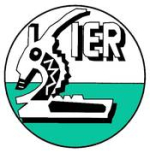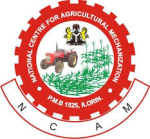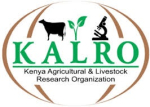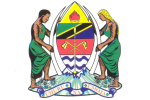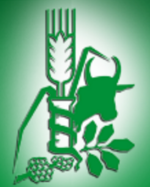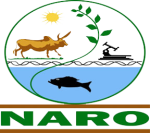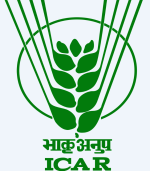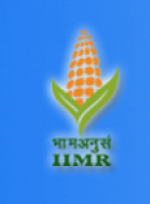CRP on Dryland Cereals - DC
Leader Kiran Sharma, International Crops Research Institute for the Semi-Arid Tropics - ICRISAT
Budget 2024
USD : 0
Clusters: 7
Description
To create demand-driven adoption, this Flagship will address (1) value chain analysis, (2) regional trade, (3) pilot value-chain incubators, and (4) reduced post-harvest losses. It contributes to IDOs 3 and 4. Gender analysis is a cross-cutting
activity in this flagship, and is critical for ensuring that the benefits from improved market access and
post-harvest value addition flow equally to women and men. Value chain analysis will provide
knowledge of specific, high-potential dryland cereals value chains that will give our development
partners the evidence required to design interventions and advocate changes in policy. We will
identify ‘best-bet’ dryland cereals value chains that have high growth potential and the potential to
raise incomes for poorer smallholders. Value chains with high growth potential will stimulate regional
trade and regional specialization in the production of dryland cereals. Studies will be undertaken on
regional trade in dryland cereals that will focus on (1) quantifying regional trade flows; (2) identifying
and measuring comparative advantage between countries; (3) identifying barriers to trade; and (4)
modeling impact of changes in trade policies. Leveraging the experience, networks and partners of
the Agribusiness Incubation Platform at ICRISAT, value-chain incubators will be piloted for
dryland cereals in one or more of the target regions. The pilot envisions strengthening and/or filling
weak and missing links in dryland-cereal value chains in the target regions. Important to note is the
Sorghum Value Chain Development Consortium in ESA that was launched in 2014 in collaboration
with UniBRAIN (Universities, Business & Research in Agricultural Innovation) and Pan Africa &
Agroindustry Consortium. This is led by the Jomo Kenyatta University of Agriculture and Technology,
in collaboration with the ICRISAT Agri-Business Incubator.
Efforts to reduce post-harvest losses will include assessment of post-harvest losses from insects,
rodents, moulds and other sources, and management to reduce severity. Poor storability of flours
from millets under humid conditions due to rancidity is identified as a research target for breeding and
processing technologies in regions where the problem is severe. Poor seed quality resulting from
overheating during drying, moulds, insect damage etc, is also of concern, and proper management
practices will be promoted to improve germination and plant stands. Dryland Cereals will leverage its
partnerships to improve the quality of stored seed, grain and flour. Further, commercialization
requires mechanization to cope with increased harvest volumes and to improve grain quality. The
feasibility and profitability of small-scale mechanization for sorghum will be evaluated based on
experience at field level to assess market demand, and linkages will be made with private engineering
firms to promote adoption.
Key Documents
Atlas
Clusters
Personnel Involved
Partners












